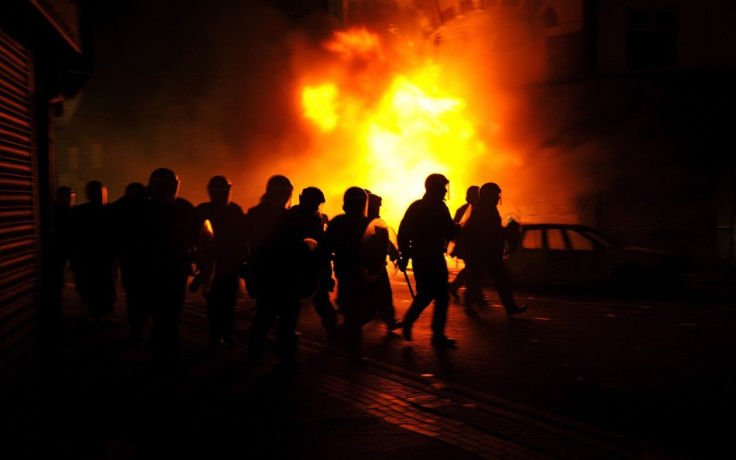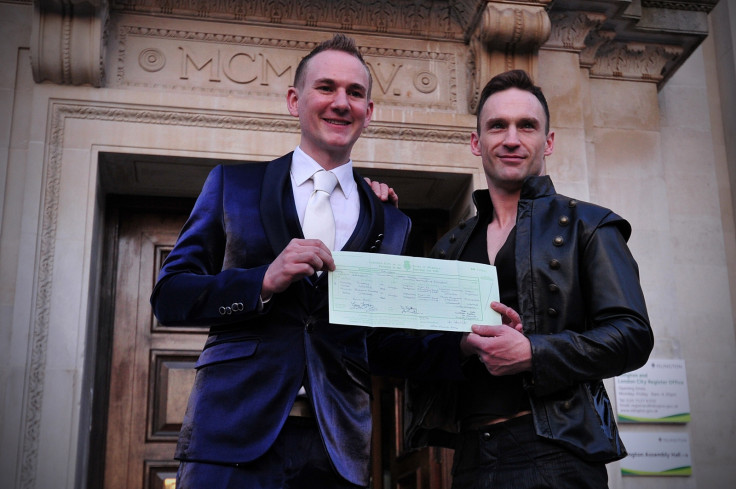Five years of coalition: The legacy of Cameron and Clegg
After the 2010 general election resulted in a hung parliament, the Conservatives and Liberal Democrats formed a coalition government.
It was the first of its kind in Britain since the Second World War. Here's what happened over the next five years...
October 2010
The coalition announces an £81bn cut in public spending for the next four years, including a £7bn reduction in welfare
November 2010 – March 2011
Student protests held nationwide against the increase in university tuition fees and cuts to further education.
This is followed by wider anti-austerity protests in 2011, with the March for the Alternative rally in London attracting 500,000 people.
March - October 2011
Britain begins military intervention in Libya with Operation Ellamy.
The operation is an international effort to enforce a no-fly zone during the Libyan civil war against forces loyal to Muammar Gaddafi.
May 2011
An Alternative Vote referendum is held across the UK, asking how MPs should be elected at future general elections.
The 'No' campaign, led by the Conservatives, beat the 'Yes' campaign, led by the Lib Dems, by 68% - 32%.
July 2011
Sunday newspaper The News of the World is accused of phone hacking, with revelations that the phone of murdered schoolgirl Milly Dowler was hacked.
A number of former News of the World staff are arrested and convicted, including David Cameron's former communications director, Andy Coulson.
In response, the Leveson Inquiry is set up to investigate the wider culture and ethics of the British newspaper industry.
August 2011
Riots break out in London after Tottenham local Mark Duggan is shot dead by police.
Over the next few days, incidents of looting and arson spread to other British cities, incurring around £200m of property damage.

December 2011
David Cameron uses his veto to block an EU-wide treaty to tackle the Eurozone crisis, saying it was not in the UK's interests.
The decision proves the biggest bone of contention between the coalition partners, with Nick Clegg saying he is "bitterly disappointed" with the outcome.
July – September 2012
London hosts the 2012 Summer Olympics and Paralympics with the motto Inspire a generation.
The games are seen as a huge success, with widespread enthusiasm from the British public.
March 2013
Extensive reorganisation of the NHS, giving local GPs more say over the way budgets are spent.
While some say the new structure cuts through bureaucracy, others speak out against the potential privatisation of some services.
March 2013
Changes to housing benefit introduced, including a penalty for rooms classified as 'spare bedrooms'.
Critics refer to the changes as a 'Bedroom Tax', saying that tenants may be forced to move to smaller properties to avoid losing money.
July 2013
Marriage (Same Sex Couples) Act is passed in England and Wales, allowing two people from the same sex to marry for the first time.

October 2013
Royal Mail privatised with majority of the postal service's shares floated on the London Stock Exchange.
The government raises £1.98bn from the sale, but is criticised for the low sale price of the shares.
August 2013
David Cameron defeated after government motion to take possible UK military action against Syrian President Bashar al-Assad is rejected by MPs.
He becomes the first prime minister in over a 100 years to lose a foreign policy vote in the House of Commons.
September 2014
The people of Scotland go to the polls to vote on whether to remain part of the UK or become independent.
After intense campaigning from both sides, the 'No' option prevails, achieving 55.3% of the vote.
September 2014
The UK joins with other nations in launching air strikes against Isis militants in Iraq.
By the end of March 2015, the UK has conducted around 200 airstrikes in Iraq, second only to the US.
November 2014
The Wanless review examining the Home Office handling of historical child sex abuse allegations finds no evidence that a dossier on alleged Westminster paedophiles from 1984 was deliberately removed or destroyed.
The findings will be used in a wider inquiry investigating the way public bodies, such as the police, NHS and BBC, handled child sex abuse claims.
© Copyright IBTimes 2024. All rights reserved.






